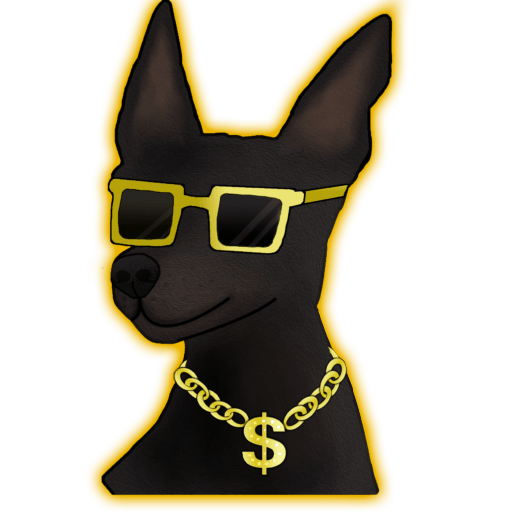Food allergies in dogs are common and can be caused by any ingredient. Proteins are the most common offenders. Chicken is the most popular animal protein ingredient in dog food. Thus, when your puppy’s body language changes after a meal, it could be a chicken allergy.
But, can a dog be allergic to chicken? If yes, how do you tell it’s an allergic reaction? And, is there any treatment? Read on and get answers to these questions and more.
Chicken Allergies in Dogs are Real, and Here’s What Causes It
Yes, your furry buddy could be allergic to poultry. Studies indicate that 15 percent of dogs could be allergic to chicken. Other dog food ingredients like beef, lamb, and dairy products also trigger allergic reactions.
But What Causes Food Allergy in Dogs?
Food allergies in canines follow a pattern similar to what happens in humans. The self-defense or immune system recognizes and treats some food cells (especially amino acids from proteins) as threats. The body releases several chemicals and histamines and triggers an allergic reaction. The allergy seldom shows the first time a pup consumes chicken. Your dog would probably seem like it cannot stomach the food or is intolerant to the food.
After a couple of exposures to the specific protein (in this case, chicken), the enterocytes in your pup will start recognizing and treating chicken as an invader. Thus, the allergic reaction.
How to Tell if Your Dog has a Food Allergy
The signs and symptoms of chicken allergy are similar to allergies due to other food ingredients like dairy or wheat. They include the following:
- Red itchy skin, especially on low-hair areas like paws, ears, face, and under the belly in the groin area.
- Gastrointestinal disturbances like excessive gas, vomiting, diarrhea, reduced appetite.
- Excessive licking of paws causes sores and infections.
- Skin rashes and hives.
- Anal gland issues could cause the dog to scoot its backside on the floor.
- Swelling of face
Any dog owner could dismiss these symptoms as a one-off sensitivity or intolerance to a particular meal. However, if the symptoms appear repeatedly, your dog is probably allergic to an ingredient in the food.
But, How Do You Tell if Your Dog Has a Chicken Allergy?
Unfortunately, it is not easy to tell which ingredient is wreaking havoc in your pup. You have to go through a slow process of elimination. Below are the steps to follow:
First, talk to a vet about the situation and take your dog for examination. Allow the vet to examine your furry buddy, rule out other possibilities and give the verdict of a food allergy.
Once the vet has given their verdict, the elimination process begins. It is also known as an allergy workup. The vet prescribes specific foods for 1-3 months. The prescribed diet will probably be a reduced ingredient type of dog food to avoid components from the current food. Chicken components are popular ingredients in pet items like treats, medication and supplements, toothpaste, and toys. Therefore, you will also have to cross-check with the vet all other dog recipes and stay away from eggs, poultry by-products, or chicken flavorings.
During the period of administering the prescribed elimination diet, your dog may experience episodes of allergic reactions. But the vet will likely refrain from treating these symptoms since the medication could mask the signs.
The dog will remain on a prescribed diet until the allergen is identified.
Treatment of Chicken Allergies in Dogs
Allergies are due to the immune system, thus, not entirely curable. Treatment often attempts to achieve the following goals:
- Eliminate the offensive ingredient from your dog’s diet
- Deal with secondary issues such as skin infections.
- Enhance your pup’s resilience in case of accidental exposure in the future.
The vet will recommend a diet for your dog to eliminate the allergen. They will probably prescribe antibiotics and topical treatments to treat secondary issues like skin infections. Lastly, they will prescribe a regimen of foods or supplements to boost the body’s ability to handle accidental exposures and prevent the development of new allergies.
Concluding Remarks – You Can Boost Your Pup’s Resilience
Chicken allergies in dogs can be a terrifying experience for the owner and the pup. The discovery and treatment process is taxing. But you can be proactive and boost your dog’s ability to handle or prevent the development of allergies.
Organic dog foods like Timberwolf Organics are easy to digest and often contain essential vitamins, omega oils, and probiotics. Such foods can improve digestion and help your dog develop a resilient immune system. Consider sticking to vet-recommended organic feeds and treats and keep up with all other vet-approved health tips for your dog.
